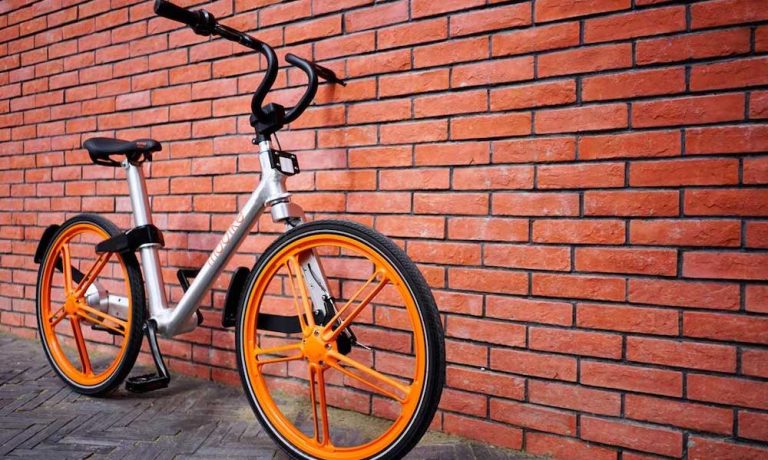Bike And Scooter Businesses Take A Beating

The sharing of bicycles and scooters is a model that has over the last year or two has moved further into the mainstream of consumer life. That’s thanks in large part to mobile technology and the interest of other parts of the transportation ecosystem, including from ridesharing giants Uber and Lyft, both of which are on their ways to becoming public companies.
But news late this week shows that success is not inevitable with bike- and scooter-sharing, and that progress, no matter how defined, often does not move in straight lines. Those bits of news, both of which broke Friday (March 8), come as the worlds of digital commerce and payments await more detail about the financial worth of the Uber and Lyft ecosystems, and as consumers and politicians strive to shape this emerging world where consumers, typically urban, employ bikes and scooters for short periods in orders to finish commutes or do other tasks.
Mobike Problems
Some of this recent bike news came from China, and it might stand as the most notable.
Chinese bike-sharing company Mobike, which once attracted billions from big-name investors, said it is closing down all of its operations around the world, to focus solely on China. Mobike laid off its teams in Asia Pacific countries, according to a recent report, which were made up of about 15 full-timers plus contractors through India, Thailand and Malaysia, among other countries. Laid-off team members were told that Mobike was ramping down its business, but they weren’t told why. The Asia Pacific region has the most employees outside of China, so job cuts there were the first step in the consolidation process.
Lyft Layoffs
Another bit of bike- and scooter-sharing news also broke late Friday.
According to another report, Lyft — which just made some financials public in advance of its anticipated initial public offering — “has laid off around 50 staff in its bike and scooter division, mainly people who had joined” the ridesharing firm when it bought Motivate, an electric bike-sharing provider. That deal came after Lyft rival Uber bought bike-sharing operator JUMP.
Still, the layoffs by Lyft don’t seem, at least at this point, to represent any significant back-tracking by the company in either the bike- or scooter-sharing space. That’s because a spokesperson for the company told reporters that Lyft is continuing to hire in its scooter and bike division, and that the cuts were part of the company’s “performance management process.” According to the report, “one person who tipped us about these layoffs believes that they were made with a specific strategy in mind, to cut costs on the bike operation, which is a more established business, to help channel resources into the costly scooter business.”
Scooter Expansion?
In fact, Lyft is expected to be on the verge of “a big scooter launch in multiple cities, with its SXSW presence this year all about the two-wheeled, electric-powered vehicles.” SXSW is the big annual music-technology-branding-and-networking event in Austin, TX, and it takes place this year from Friday (March 8) to March 17.
Frankly, it’s difficult to take these two bits of news and say exactly what is really happening in the bike- and scooter-sharing space, except to say that things are happening. That holds true on the political and cultural level, where lawmakers, citizens, commuters and others are coming to terms with the placement of bikes and scooters, the retrieval and recharging process for them, and all the other seemingly mundane issues that can help make or break emerging ecosystems, or part of them. Those controversies have notably played out in San Francisco, though other cities are going through them at their own pace.
Expect more such drama from the bike- and scooter-sharing space in the coming months.